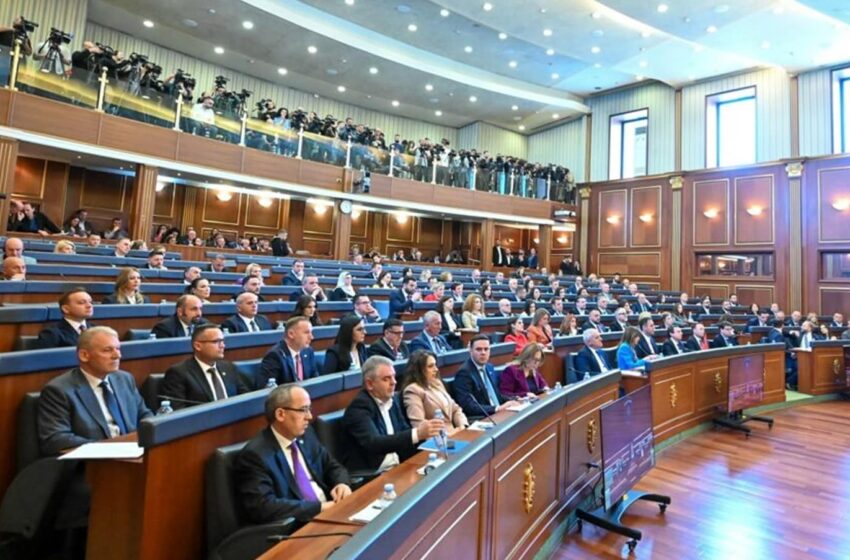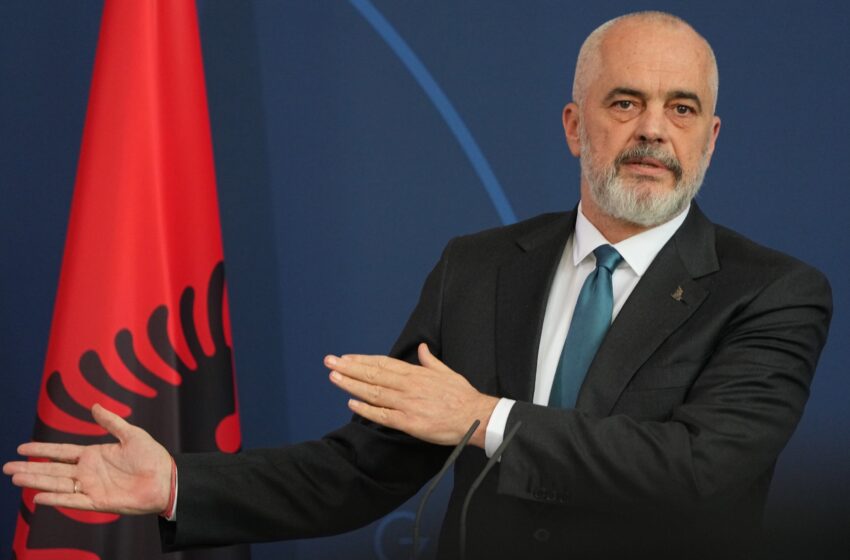Democratic Party submits candidate lists amid controversy and resignations

The Democratic Party (DP) has finalized its list of candidates for the May 11 parliamentary elections, marking a critical step in Sali Berisha’s bid to bring the opposition back to power after 12 years. The party leadership and the National Council approved 46 names in the closed list, guaranteeing their parliamentary seats if PD secures enough votes, while 140 candidates will compete in the open list for additional mandates.
Why is this important: The candidate selection has sparked internal dissatisfaction, as several winners of the party’s primary elections were excluded from the closed list in favor of Berisha loyalists, thus greatly reducing their chances of securing a seat and making a mockery of the entire primaries process. There have already led to resignations, with some candidates withdrawing in protest and speaking out against DP and Berisha. Additionally, two small parties that were initially expected to join the coalition have opted out, raising questions about the strength and unity of Berisha’s electoral alliance. Indeed, several commentators have noted that with this candidate list Berisha seems to be aiming not for victory, but for a faithful parliamentary group that will cement his position as leader of DP.
Context: In Tirana, the largest electoral district, the closed list consists of 12 candidates, four of whom come from allied parties in the “Alliance for a Majestic Albania” coalition. The list is led by Sali Berisha, followed by key loyalist party figures such as Edi Paloka, Flamur Noka, Albana Vokshi, and Belind Këlliçi. The most striking omission was Jorida Tabaku, one of the most voted women in the primaries and an MP that enjoys respect for her moderate positions and her role as a leading figure on European integration issues. While she remains on the open list, this decision has fueled criticism over the lack of transparency in the selection process.
Another notable exclusion is Dhurata Çupi, a sitting MP, and the former DP chairman in Kavaja, who was the top candidate in the district’s primaries. Unlike Tabaku and Çupi, who will run in the open list, Hysen Kadiu—another strong primary contender—has withdrawn entirely from the race in apparent protest.
The discontent within PD is compounded by the inclusion of multiple allies from small parties in the closed list, raising concerns that these strategic placements were made at the expense of DP’s own candidates. Moreover, DP’s lists include several figures with a controversial past, further complicating Berisha’s efforts to present a winning alternative.
A struggling coalition: The controversy surrounding the lists has already led to fractures within the opposition coalition. Two small parties that were initially part of “Alliance for a Majestic Albania” have now decided to stay out of the electoral alliance. Meanwhile, some candidates who had achieved strong results in the primaries have resigned in protest, unwilling to compete in what they see as an unfair selection process.
The growing internal unrest raises serious doubts about PD’s ability to mobilize voters effectively. While Berisha has sought to frame this coalition as the strongest opposition bloc in decades, the lack of broad-based unity and the backlash from within his own party suggest otherwise.
As the deadline for candidate registration approaches, the political landscape remains tense. The selection process has left many within DP dissatisfied, and the opposition now faces the challenge of convincing voters that it remains a viable alternative to the ruling Socialist Party.


